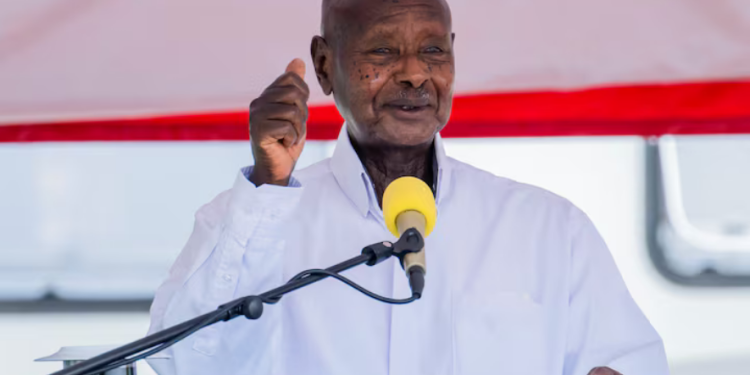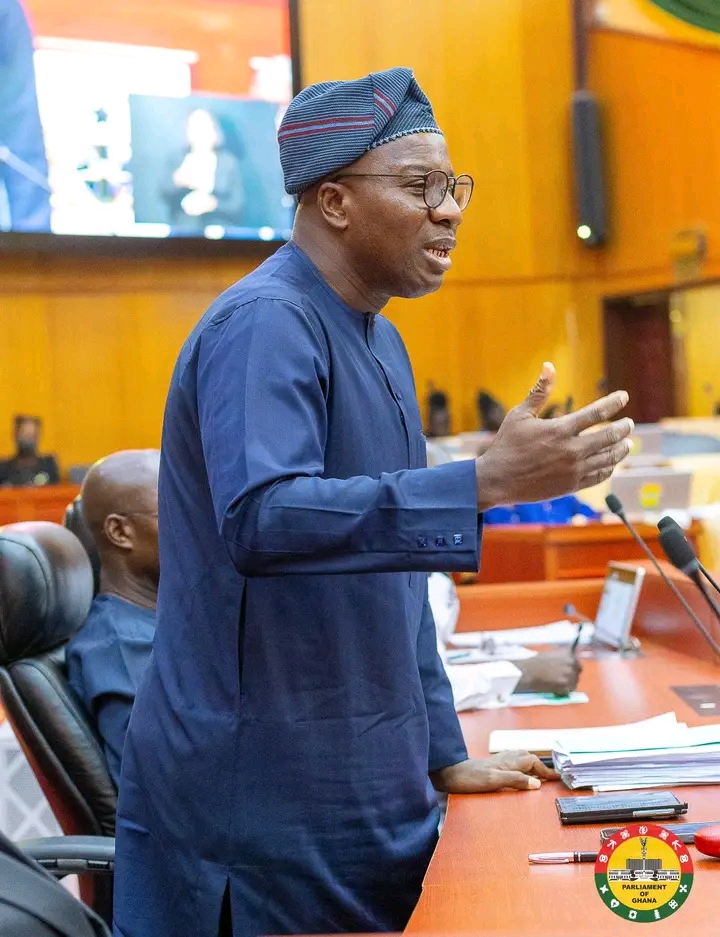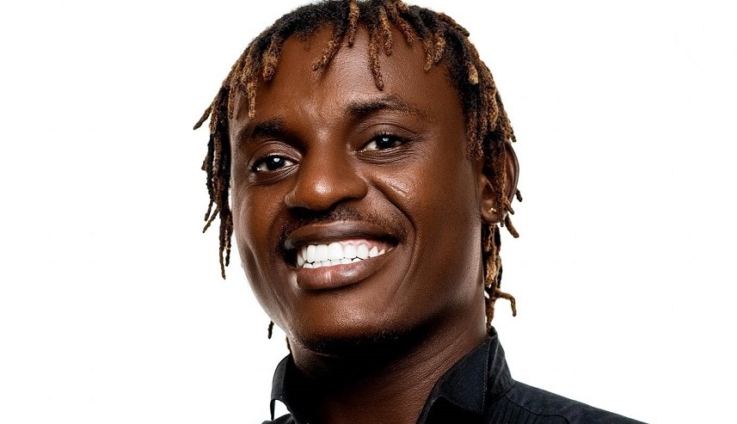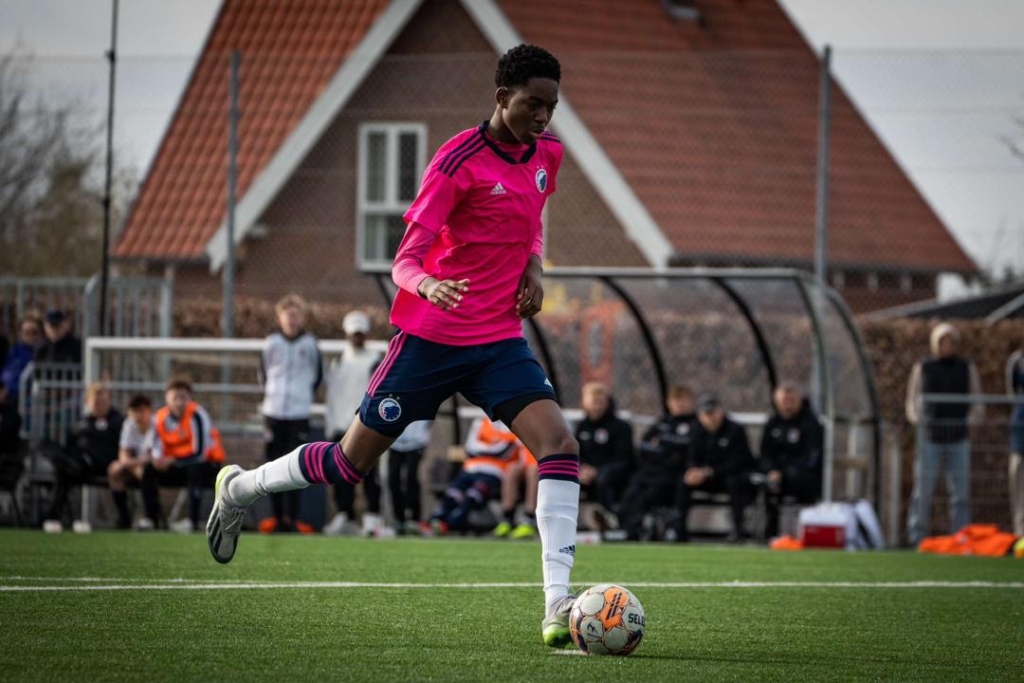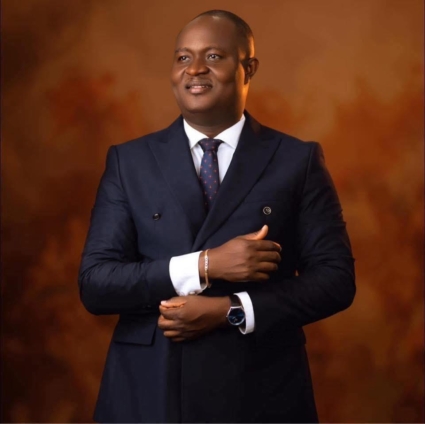The Child’s Rights International (CRI) in collaboration with Action for Rural Education (ARE) on Tuesday launched a 2012 Civil Society Education Manifesto to guide the next political administration for the period 2013-2016.
Mr. Ransford Tetteh, President of Ghana Journalists Association (GJA), launching the manifesto, lauded Ghana for committing about 25 per cent of her national budget to education because it was the most important sector of Ghana’s economy.
He said education determined the quality of manpower a country could produce to power its development agenda.
Mr. Tetteh said the politicisation of educational plans and policies by political parties had culminated in the truncating of education projects and interventions with Ghana being the ultimate loser in terms of both financial and social cost.
“To reduce the unnecessary political interference in the implementation of national education plans, civil society has decided to propose to the incoming political administration how the country’s education system should be governed,” he said.
Mr. Tetteh urged the media to discuss the issues raised in the manifesto with the view of influencing political parties to align their promises with the aspirations of the ordinary Ghanaian as documented in the Civil Society Education Manifesto 2012.
Mr. Bright Appiah, Executive Director of CRI, said the Education Agenda 2015 (EA – 2015) was aimed at developing a civil society education manifesto through extensive consultation in Ghana, for the purpose of engaging political parties in the 2012 political campaign season.
He said the objective of the manifesto was to ensure the commitment of political parties on the Education Strategic Plan (ESP 2010 – 2020) and get them to implement the broad policy plans embedded in the plan.
Mr. Appiah noted that early childhood education was one of the issues that were considered in the Ghanaian educational system with the belief that, every child including the most marginalised should have the opportunity to access early childhood care and education.
“Curricular and approach should meet the educational, developmental, nutritional, health and individual needs of children. Public policy and planning for early childhood care and education should be stronger and better coordinated with proper oversight of the private sector,” he added.
The manifesto highlighted some recommendations and proposed the establishment of an educational commission which must operate like the Electoral Commission with all the constitutional backing to ensure smooth delivery of education.**
Source: GhanaWeb


